Are you thinking of going plant-based?
Lately we have been getting a lot of questions about plant-based (vegetarian/vegan) diet. The rising costs of food has people rethinking their eating habits. In fact, a recent customer survey conducted by The Vegan Society, found that 1 in 3 shoppers are cutting back on meat products, or cutting it out all together to make the most of their budget.
While there are many reasons why people choose to go with a vegetarian or vegan lifestyle (including moral, environmental and health related) eating more plants in general tends to have beneficial effects.
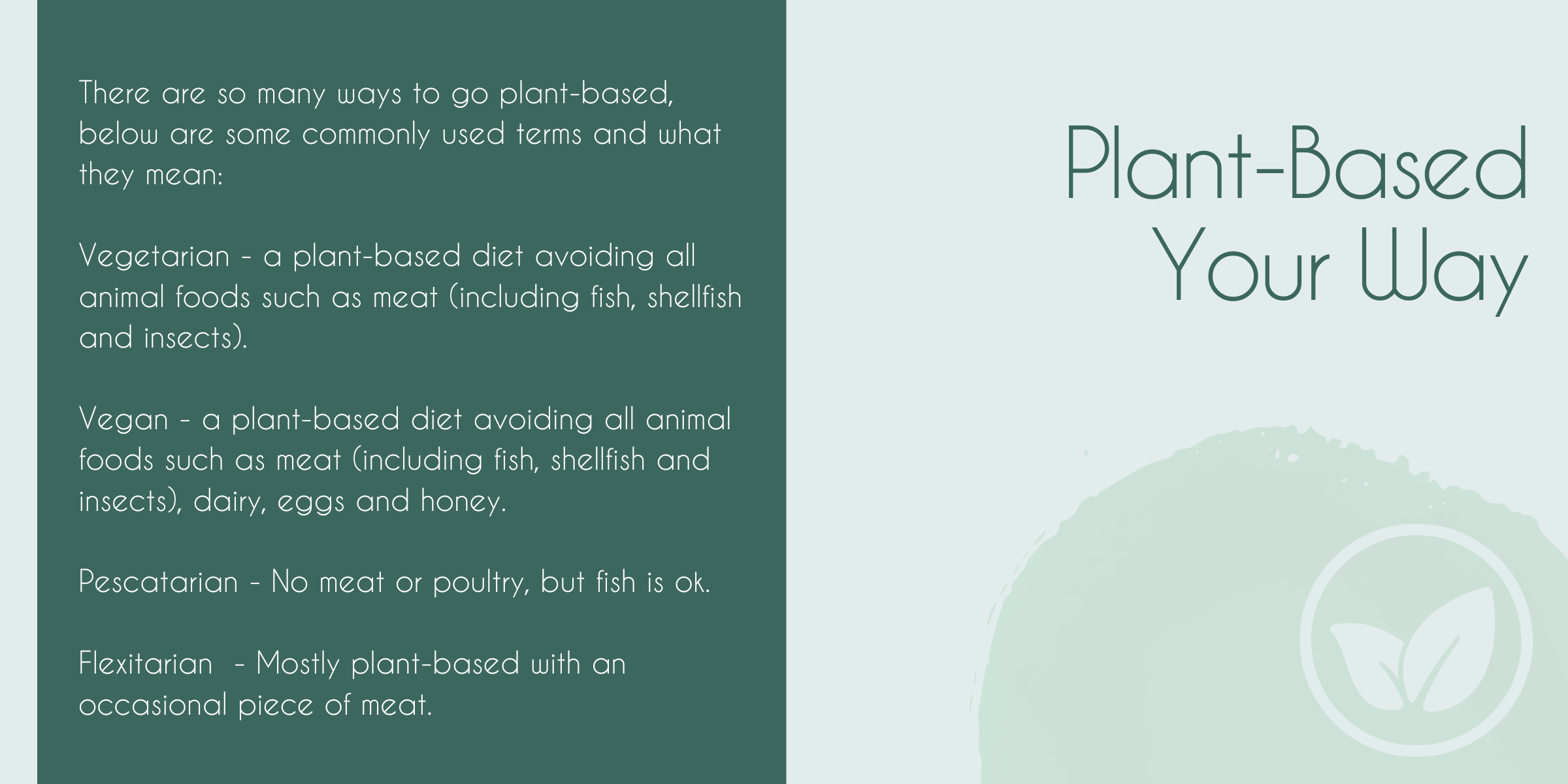
As with any dietary changes, we do recommend speaking with your doctor, naturopath, or dietitian prior to proceeding. We would also recommend speaking with your healthcare provider about running tests to see which nutrients you need to keep an eye on, as many people are deficient in key nutrients.
When making the switch to a primary plant-based eating, there are a few such nutrients that should come into focus as they are primarily obtained from an animal-based diet. Many can be replaced with plant-based foods, while others should be improved with nutrient-fortified foods or supplements.
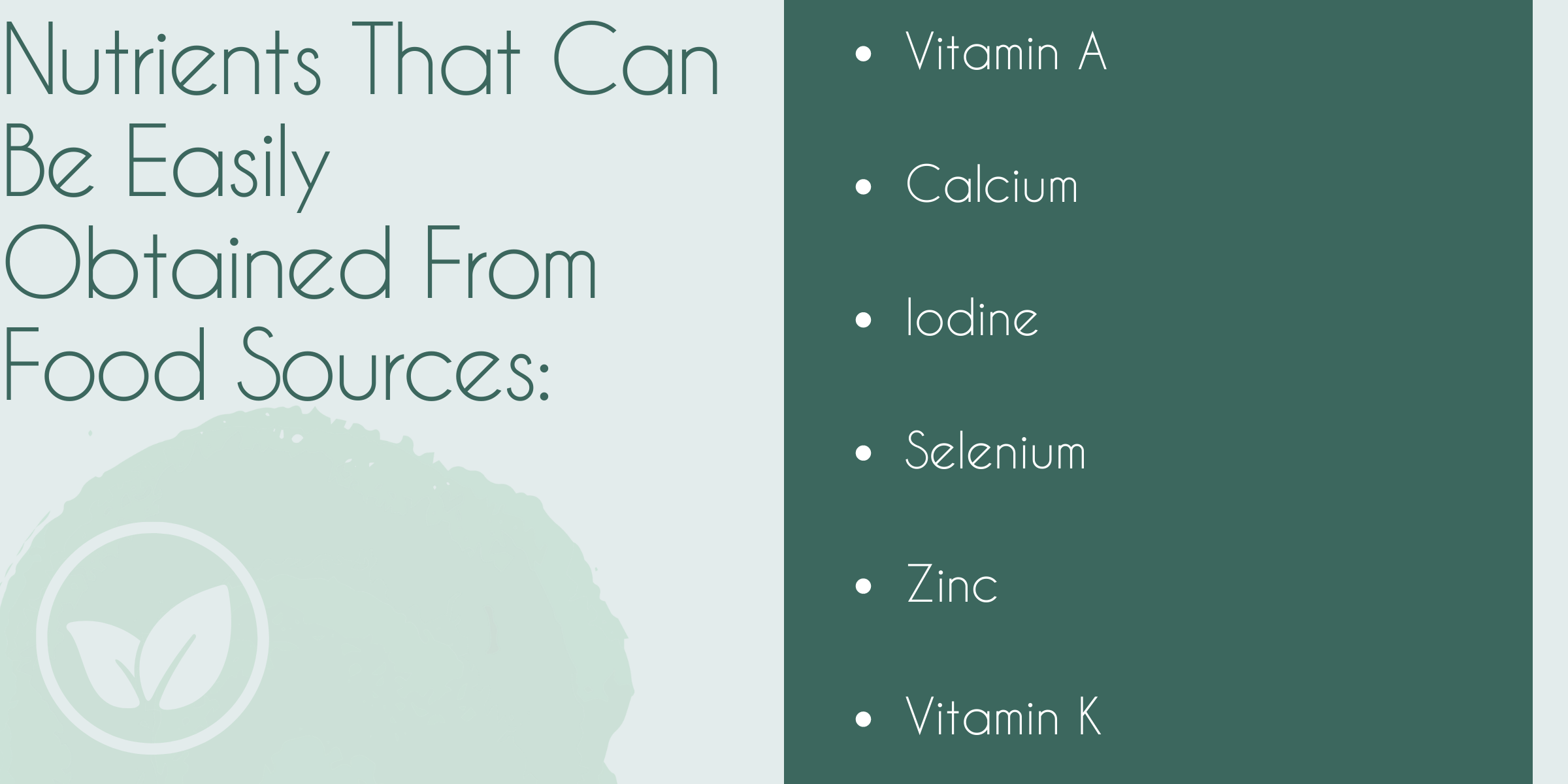
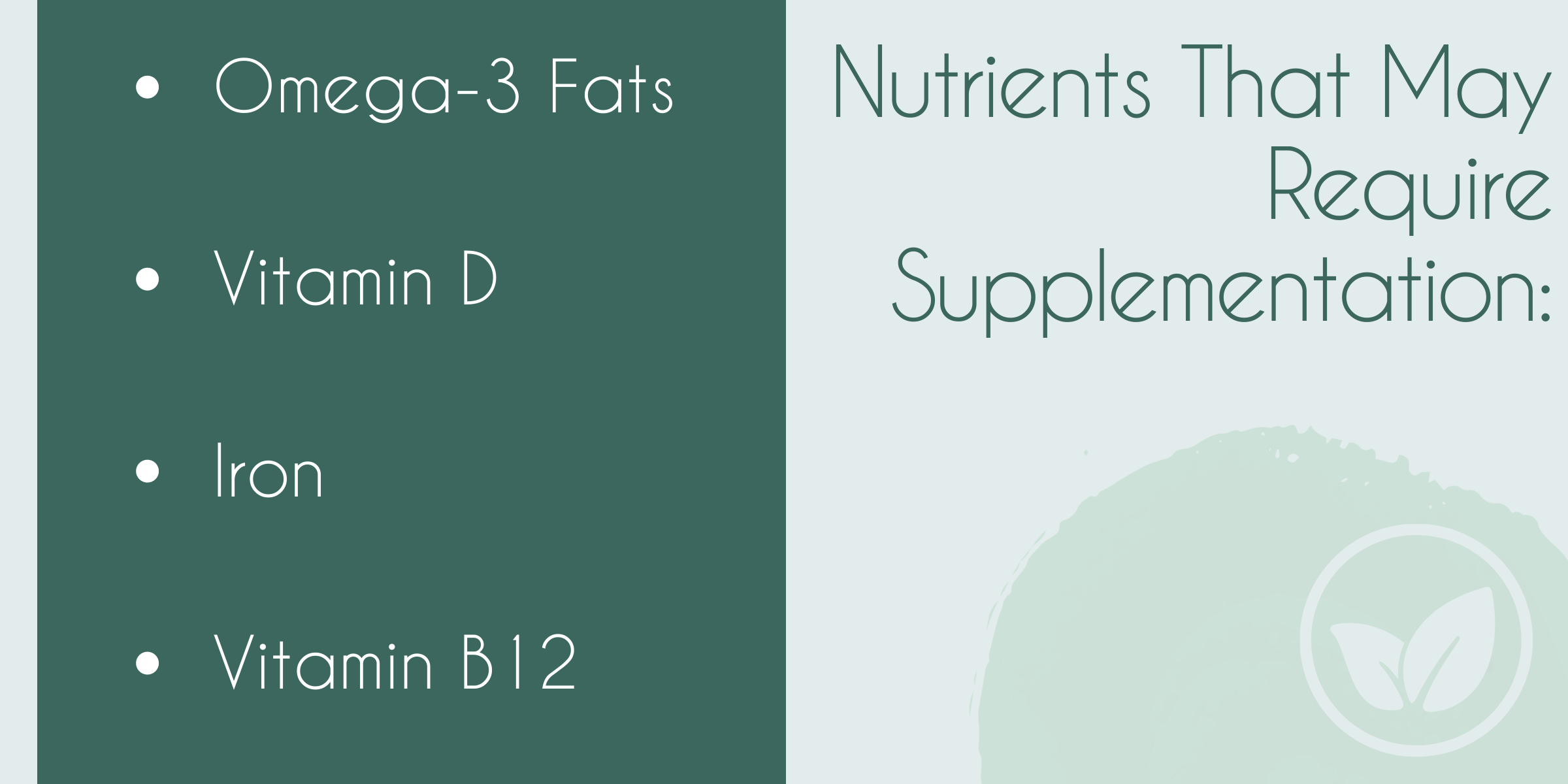
Omega-3 Fats
Supplementation with omega-3 fats from microalgae may be a particularly important consideration for infants and those who are pregnant or breastfeeding, due to the role of omega-3 fats in brain health .
Vitamin D
A below statement from Osteoporosis Canada demonstrates the importance of vitamin D supplementation, for plant-based and other diets alike.
In Canada, we don’t get as much sun as we need to produce adequate vitamin D. Further, the skin’s ability to make vitamin D decreases as we age. There are also very few food sources of vitamin D, making it nearly impossible for adults to get sufficient vitamin D from diet alone. Therefore, Osteoporosis Canada recommends routine vitamin D supplementation for Canadian adults year-round.
Osteoporosis Canada
Keep in mind that not all vitamin D is vegan friendly, these options here are good sources of vegan/plant-based vitamin D.
Iron
Iron deficiency is the most common nutrient deficiency in the world. Not all forms of iron are plant-based, you can find some vegan options here.
Vitamin B12
Vitamin B12 is made by micro-organisms, and isn’t produced by plants. Fortified foods and supplements are the only proven reliable sources for vegans.
A Special Word on Protein
One of the most asked questions any vegan or vegetarian receives is how to ensure adequate protein intake. While you can certainly get adequate protein from a plant-based diet, some people do find it a bit challenging. The exact amount of protein that each person requires varies vastly depending on age, fitness level and gender, and we recommend checking with your healthcare provider, naturopath or dietitian.
Protein gives our bodies structure as part of muscles and bones, is used in fighting infection, carrying oxygen, as well as growth and repair.
A good way to ensure you are getting enough protein is to incorporate a good sources of plant-based protein, such as beans, lentils, chickpeas, tofu, soya alternatives to milk and yoghurt, or peanuts in most of your meals.
If you are finding that you are still not getting enough protein, you can supplement with a plant-based protein powder to help meet your dietary needs.
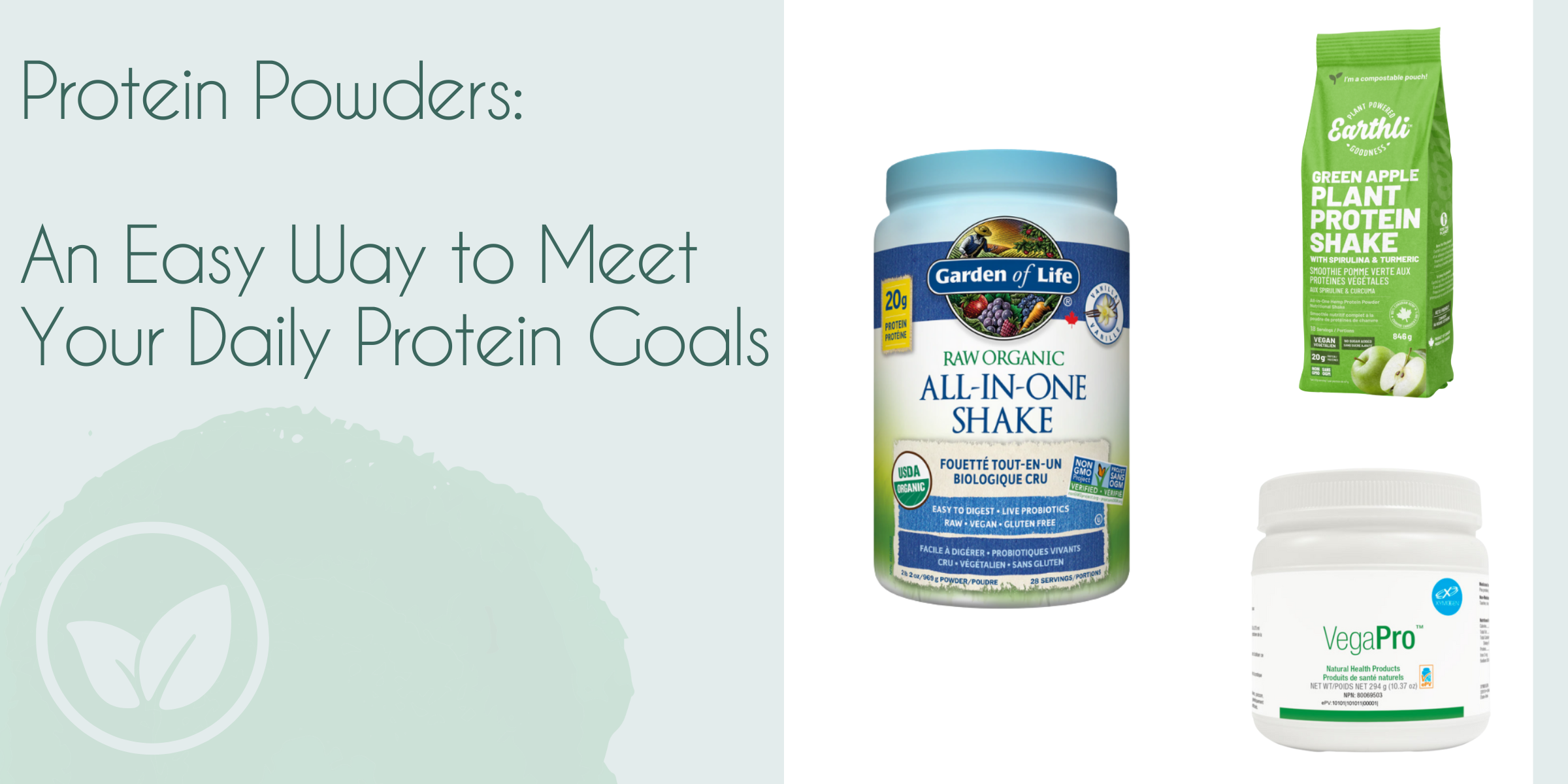
The above information is meant to be a guide and we always encourage you to speak with your primary healthcare provider if you believe you have any vitamin or nutrient deficiency. Keeping up with your annual physicals will also help to monitor any changes that occur over the years.
Sources used for the above article and resources for further research:

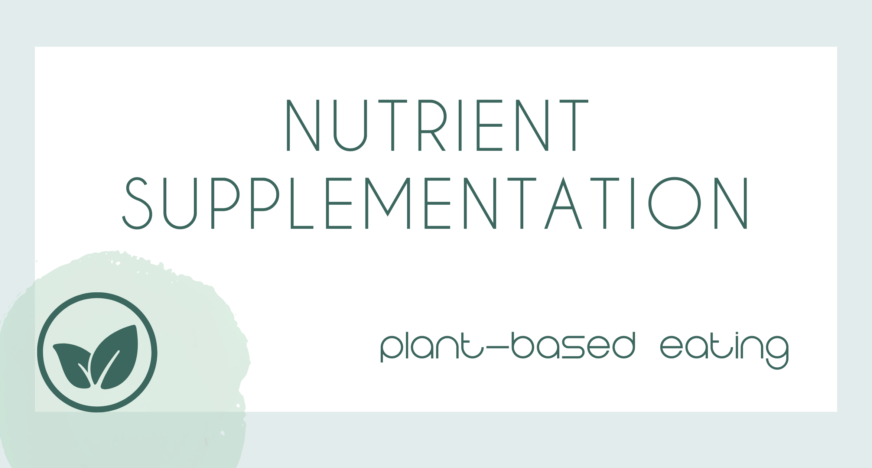
0 Comment